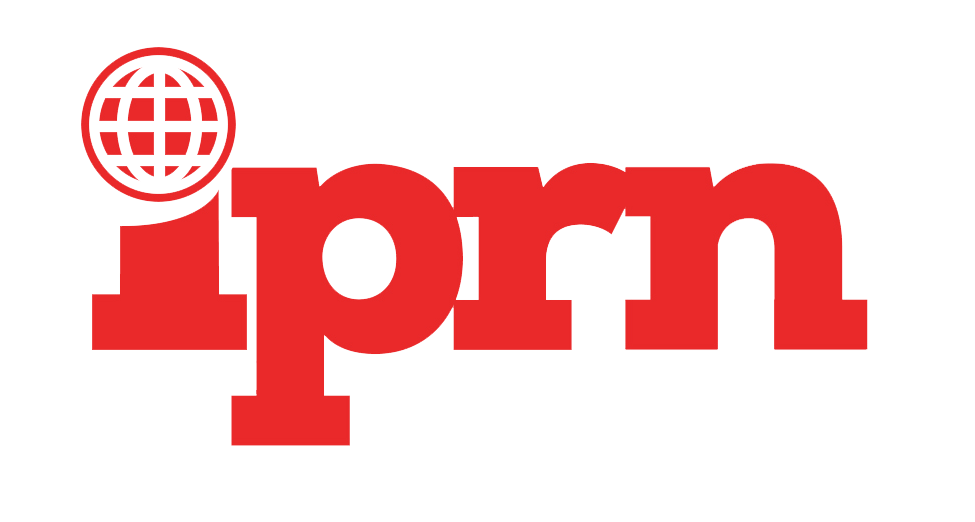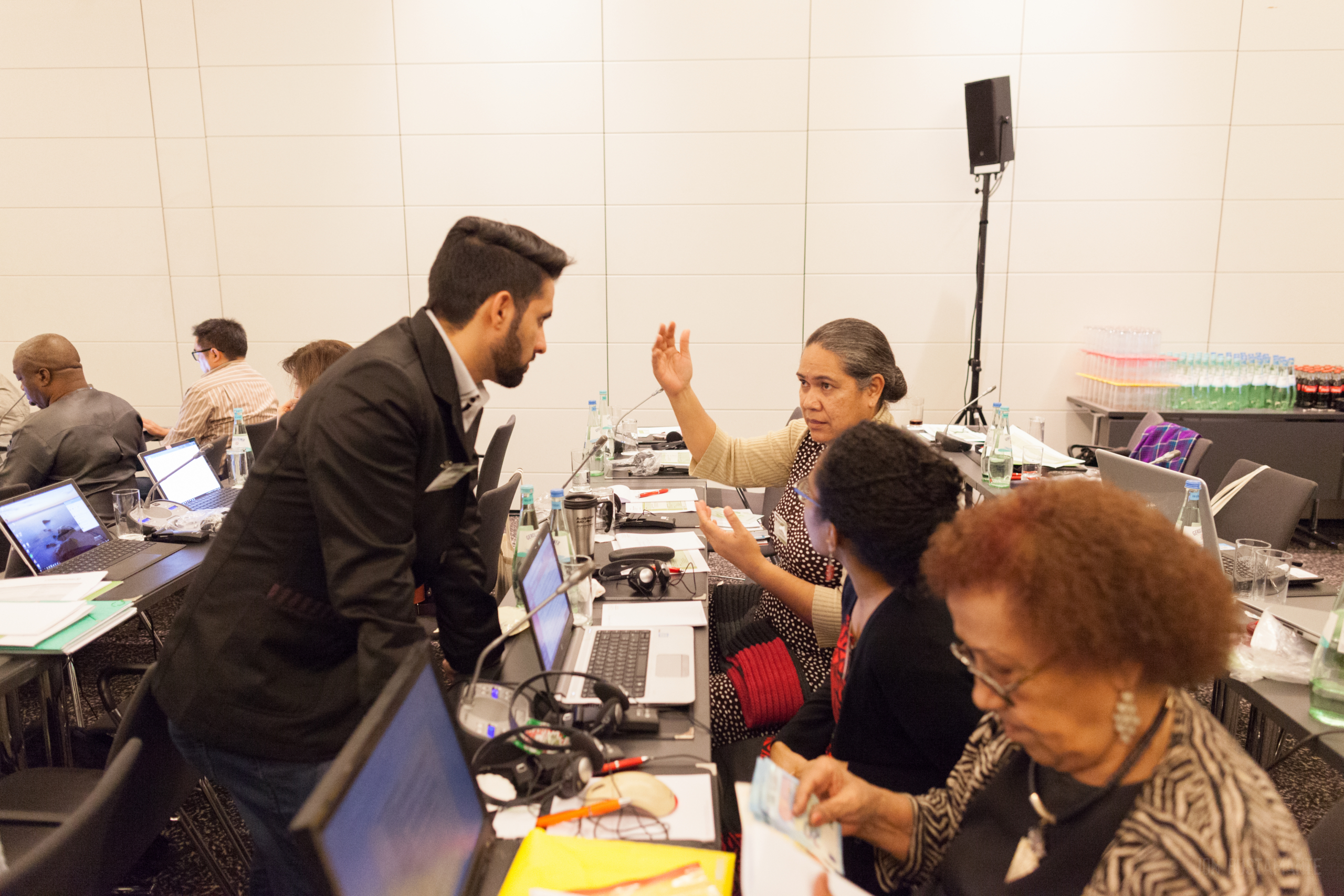IPRN promotes and develops people’s research as a key contribution to comprehensive societal development nationally and internationally through multilevel networking, skills development in peoples research, and research cooperation including public dissemination and use of knowledge.
Goals of IPRN are
- Reach out to all peoples organizations and service institutions to promote peoples research as key contributor to democratic development and create partnerships and networks for the purpose
- Continue to develop peoples research through training courses, exchange of technologies and experience,
- Conduct collaborative research and other forms of research cooperation
- Promote dissemination of research products and knowledge through exchange through various methods and media.
To start its work, IPRN is launching two webinars of a series covering scoping papers on the following themes below (out of the four themes selected by the Interim Board of Convenors). The webinars seek to inform peoples organizations in developing their researches with the objective of addressing their own policy issues better.
Theme 1 Sustainable development and critical issues in the pandemic (last week of October)
As people and their communities weather the pandemic, what are the different concerns that should be addressed by the peoples organizations in their advocacy to the state and the public, and their innovation in solutions and actions – whether in the context of social services, economy and environment. Which areas are most doable? What strategies are promising for advocacy or for direct action?
Theme 2 Rights and democratic development of societies especially of youth, women, workers and peasants (first week of November)
The pandemic has exposed the severe structural disfunctions of societies over the world, some more than others. Many governments have retreated to a default mode of police measures and even totalitarianism to enforce its will. Rights and democracy have taken a back seat to say the least. Is this a refashioning of so-called democratic governments or is this just the real core of state rule. This has impelled people organizations to act, seeking various innovative measures to defend their democratic rights. What have been the innovative strategies that the people and their organizations are developing to push transformative change.
Theme 3 Developing an equitable international economic order in development cooperation, trade and finance (to be announced)
Following the Bandung conference sometime 1954, the Non-Aligned Movement (NAM) was created which now pushed for changes in the international relations against neocolonialism and the cold war launched by the Western imperialist powers. The proposal for a New International Economic Order was proposed including the setting up of an International Trade Organization. These have since been shot down by the Western imperialist powers. Instead the neoliberal project was created in the late 1970s to stave off the crisis of overproduction and stagflation created by the postwar boom. As the neoliberal project falters peoples research is need the create a grassroots based propeople agenda. What are possible elements for a counter agenda especially in the face of the failure of neoliberalism and the demands for sustainable development for the people.
Theme 4 Peace and democratic development to address militarism, war and conflict (to be announced)
In a post-primacy period for the US, Trump and US imperialism seeks ways to recover reduced power, especially military power which remains the foundation of its erstwhile sole hegemony. As the warmongering intensifies especially from the neoconservative section of the US ruling class, and China sustains its momentum in all areas of contention as the new superpower, peoples movements need to develop new strategies and tactics to advance the agenda of peace and peoples development against increasing war, militarism and conflict.


